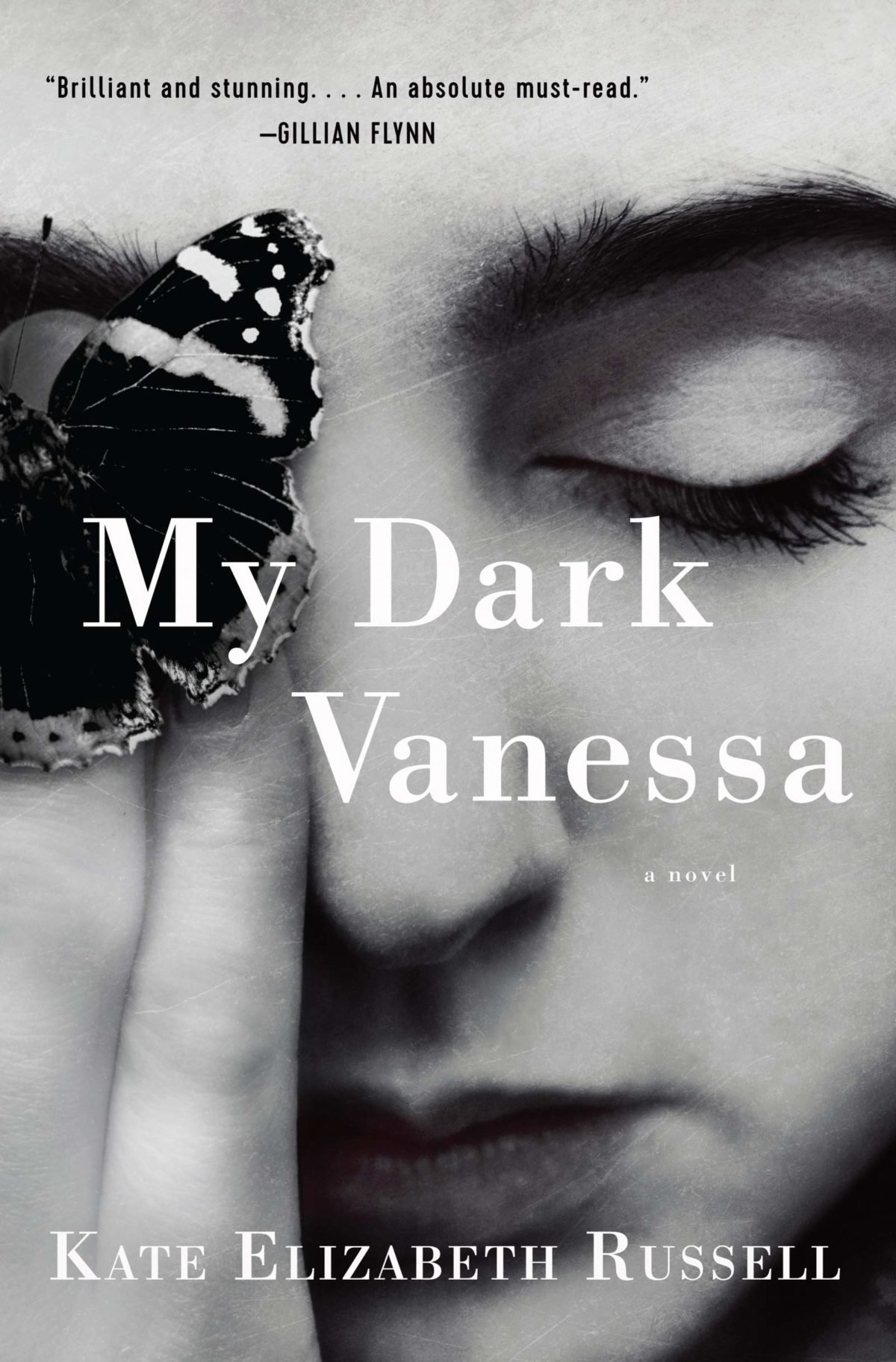A book review by Bexley Public Library team member, Debbie.




(Content Warning: The review discusses abuse of a teenager by an adult.)
My Dark Vanessa by Kate Elizabeth Russell is a literary fiction novel about a teenage girl and her relationship with her forty-two-year-old high school English teacher. Vanessa Wye is the protagonist and the narrator, and the novel jumps between her memories of high school, her college years, and the present. In the present, another survivor of the same teacher’s abuse writes of her own experience in a social media post that goes viral. A journalist is writing an article about this woman’s story and how the school enabled the predatory behavior. Vanessa is being pursued by both to come forward and share her own story. While Vanessa wants to take no part in the article for the sake of her own privacy, she also is adamant that she was not abused: she was a consenting party in the relationship, and her so-called abuser, Jacob Strane, actually loved and cared for her.
This is perhaps the novel’s greatest strength: its ability to expose the psychological tension Vanessa faces as she relives and reevaluates her relationship with Strane. The novel expertly depicts Vanessa as a teenage girl, as she struggles to deal with her conflicting emotions towards Strane and their relationship. As readers and third-parties to the relationship, we can clearly see the abusive and predatory behavior. But by witnessing the situation from Vanessa’s perspective, we also learn how Strane groomed Vanessa to see the relationship as one grounded in love and concern. Even as an adult looking back, Vanessa struggles to see the abuse for what it was.
So while the novel’s exploration into Vanessa’s psyche is its greatest strength, it is also its most important cultural contribution. In extensive and disturbing detail, the novel reveals how an abuser picks and manipulates a victim. Vanessa knows that children get abused by adults, but we see the process Strane uses to convince her that he didn’t choose her, how he convinces her that she was the one who initiated the relationship and manipulates her to believe that she is the one who has all of the power. Using her loneliness and vulnerability against her, he is able to convince her that she is the exception to the rule of adult-child relationships: it is not abuse, it is love. And in this exploration, the novel reveals to its readers why so many victims of abuse do not come forward: they’ve been manipulated to believe they’re not being abused at all.
While the novel does have some weaknesses (it could have been edited down to a shorter length, most of the other characters aside from Vanessa and Strane aren’t developed to the degree that they could or should be), overall I would recommend the book. The book is difficult and disturbing to read, but it has a lot of cultural import. It is controversial, and some may find the depictions of the sexual elements of the abuse gratuitous. However, because the book is thought-provoking, it would make a great choice for a book club discussion (with sufficient content warnings to discussion members ahead of time). It stimulates a lot of discussion and debate; albeit around a difficult and sensitive topic. Though, as is often the case, these sorts of debates and discussions tend to be the ones we most need to have.
Click the button below to continue reading and see the book club discussion guide: